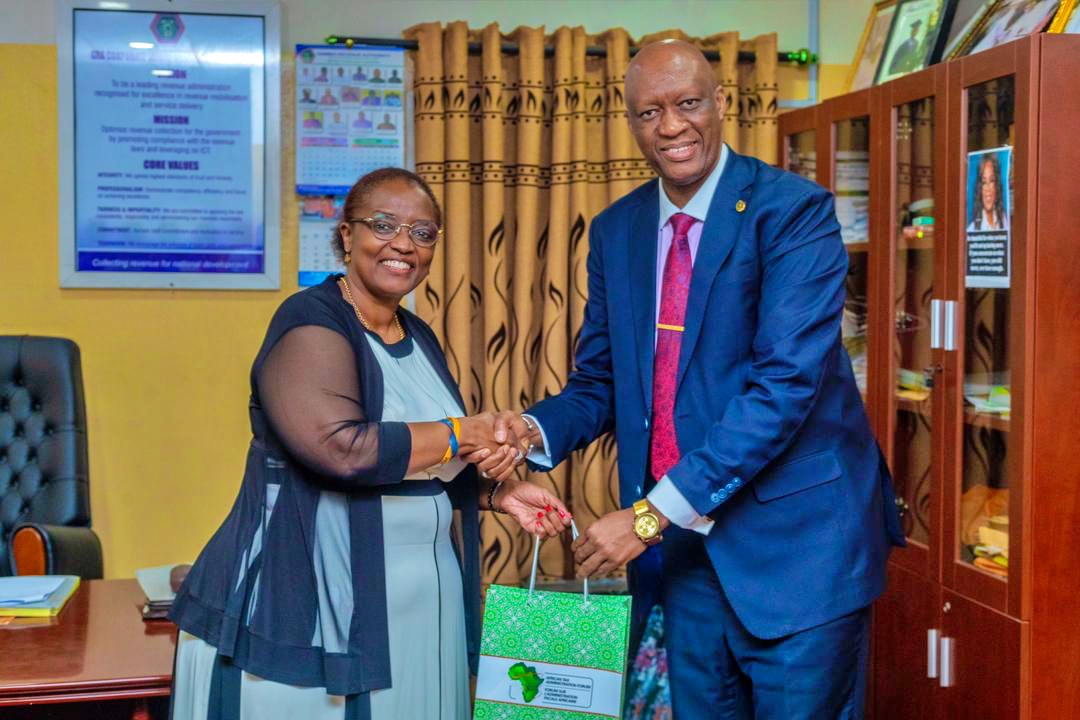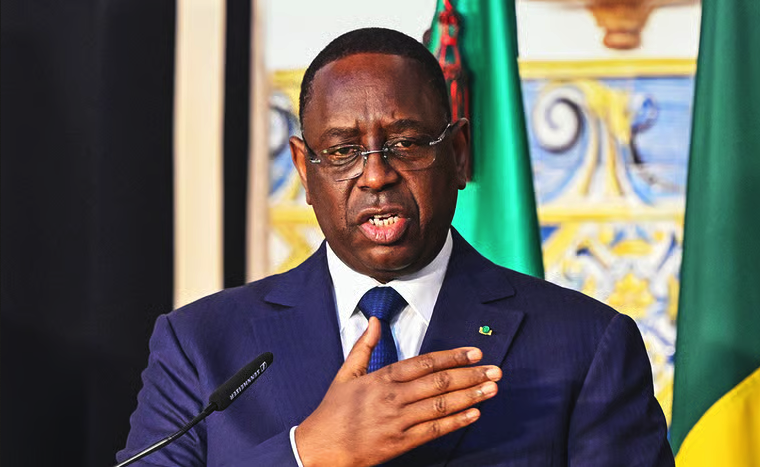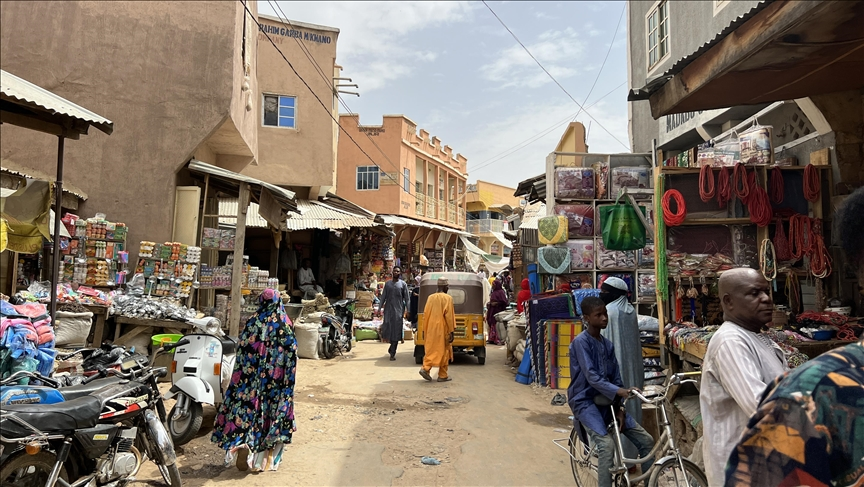Gambiaj.com – (ABUJA, Nigeria) – In a landmark ruling on April 9, 2025, the Community Court of Justice of the Economic Community of West African States (ECOWAS) declared that the blasphemy provisions in Kano State law violate Nigeria’s international human rights commitments. The judgment in the case Incorporated Trustees of Expression Now Human Rights Initiative v. Federal Republic of Nigeria (ECW/CCJ/APP/41/23) found that these laws infringe upon the right to freedom of expression, a fundamental principle protected under both regional and international human rights treaties.
The case was initiated by the Incorporated Trustees of Expression Now Human Rights Initiative, a Nigerian NGO, which challenged blasphemy laws that have led to severe human rights abuses in the country.
The organization provided evidence of individuals facing arbitrary arrests, prolonged detention, and even death sentences for alleged blasphemous expressions. The application also highlighted instances of extrajudicial killings by mobs acting with impunity, arguing that Nigeria had failed in its duty to protect citizens’ fundamental rights, including the right to life, religious freedom, and freedom of expression.
The ECOWAS Court affirmed its jurisdiction to hear the case under Article 9(4) of its Protocol, which authorizes it to adjudicate human rights violations within member states. However, while recognizing the seriousness of the allegations, the court limited the case’s scope by allowing only the claims related to freedom of expression to proceed. It ruled that claims concerning the right to life and religious freedom could not be pursued through public interest litigation, as they fall under private rights that require individual complaints.
In its substantive ruling, the court declared two key blasphemy provisions in Kano State law as inconsistent with Nigeria’s human rights obligations. It found that Section 210 of the Kano State Penal Code was overly vague and lacked the legal clarity required under international standards. Additionally, it struck down Section 382(b) of the Kano State Sharia Penal Code Law (2000), which prescribes the death penalty for insulting the Prophet Muhammad, deeming it excessive and disproportionate in a democratic society.
The judgment acknowledged the state’s interest in maintaining public order and respecting religious sentiments but emphasized that the blasphemy laws failed established human rights tests of legality, necessity, and proportionality. The Court referenced Article 9(2) of the African Charter on Human and Peoples’ Rights and Article 19 of the International Covenant on Civil and Political Rights (ICCPR) to reinforce its findings.
While the court recognized concerns about state inaction in preventing blasphemy-related mob violence, it found the evidence presented insufficient to establish liability, noting that media reports alone did not meet the required legal standard of proof.
Consequently, the ECOWAS Court issued the following orders:
The Federal Republic of Nigeria must repeal or amend Section 210 of the Kano State Penal Code and Section 382(b) of the Kano State Sharia Penal Code Law (2000) to comply with international human rights obligations.
The ruling reaffirmed Nigeria’s obligation under the African Charter to uphold and protect the right to freedom of expression.
The judgment was delivered by a panel comprising Hon. Justice Ricardo Cláudio Monteiro Gonçalves (Presiding Judge), Hon. Justice Sengu Mohamed Koroma (Member), and Hon. Justice Dupe Atoki (Judge Rapporteur).
This ruling represents a significant victory for human rights advocates and sets a precedent for challenging laws that restrict fundamental freedoms across the ECOWAS region. It also places pressure on the Nigerian government to align its legal framework with international human rights standards, particularly in regions where religious and cultural tensions influence legal enforcement.










